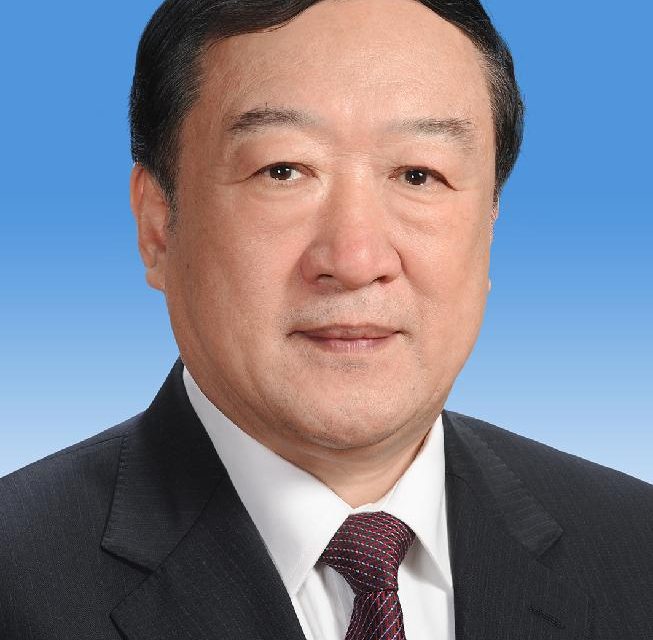17 February 2015
Central Commission for Discipline Inspection (CCDI) said in a statement on Monday that Su Rong has been expelled from the Communist Party and he is facing prosecution. The statement added that he abused his position and received large sums of illegal bribes, resulting in losses to the Government.
CCDI said that some senior officials offer high ranks in exchange for money and allow their relatives to interfere in politics.
Mr Su was vice chairman of the Chinese People’s Political Consultative Congress at the time when the investigations started. Prior to that, he served as the provincial party chief for three provinces–Qinghai, Gansu and Jiangxi. In that position he was more powerful than a provincial governor.
Some local newspapers such as Beijing News and the Beijing Youth Daily, noted the “strong-wording” used in the CCDI’s statement, is meant show the determination of the authorities to fight corruption. It is also meant to be a warning to those in power and those who have committed economic crimes when they were in high positions.
Su’s case will now be transferred to judicial authorities for criminal prosecution.
In another case Chinese court has sentenced, Huang Fengping, former deputy director for the Shanghai Municipal Commission of Health and Family Planning, after he accepted bribes of 3 million yuan ($1.5 million) and embezzled more than 1.4 million yuan ($720,000), and state media said. The court sentenced him to 19 years in jail.
Police arrested him in December 2013. At the time of his arrest the police found 400 envelopes stuffed with cash in his home and gold bars and foreign currency in the trunk of his car. He was a neurosurgeon by training, vice president of a hospital and head of an industry association. With his position he was able to accept bribes pharmaceutical companies and promote their products in his hospital and in the industry.
Media reports have previously linked his case to British drug maker GlaxoSmithKline (GSK). In 2014 GSK was fined 3.0 billion yuan for giving bribes and making payments for organizing conferences that never took place. The Shanghai court verdict made no mention of GSK.
While lot of publicity is given to such individual cases, China has failed to provide institutional safeguards against graft. By allowing free press and establishing an independent judiciary China will be able to provide a stable platform for fighting corruption.
China: Former senior party official investigated for graft















